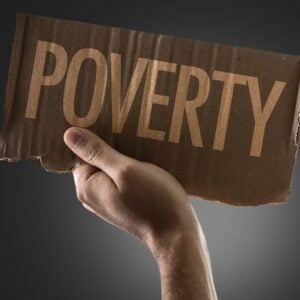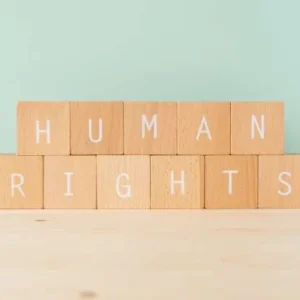More than 165 civil society organizations have accused South Africa, in its role as current president of the G20, of failing to make meaningful progress on addressing the growing debt crisis facing developing countries. With nearly half of these nations already over-indebted or at risk of becoming so, the groups issued a joint statement urging President Cyril Ramaphosa to act swiftly before South Africa hands over the G20 presidency to the United States on December 1.
The organizations criticized a lack of political will and ongoing gridlock between public and private creditors, which they say is preventing the creation of an effective international debt restructuring framework. They warned that many vulnerable countries are being forced to allocate a rising share of their budgets to debt repayment, diverting resources away from essential investments in health, education, and climate action.
Despite the South African presidency’s stated theme of “Solidarity, Equality, and Sustainability,” the NGOs argue that concrete commitments to reduce the debt burden have been merely symbolic. A coalition of African organizations expressed disappointment that the presidency has not translated its rhetoric into action.
The NGOs are calling on the G20 to improve transparency around lending, compel private creditors to participate in debt restructuring, and support a temporary moratorium on debt repayments for countries facing the greatest risk. They emphasized that these steps are essential for achieving financial justice and preventing further economic and social deterioration in the Global South.
Although President Ramaphosa had pledged to champion international financial reform and increase the representation of developing countries in global financial institutions, many observers believe that momentum has stalled. As South Africa’s term comes to an end, expectations are now shifting to the incoming U.S. presidency to revive and advance efforts to address the urgent debt crisis.







